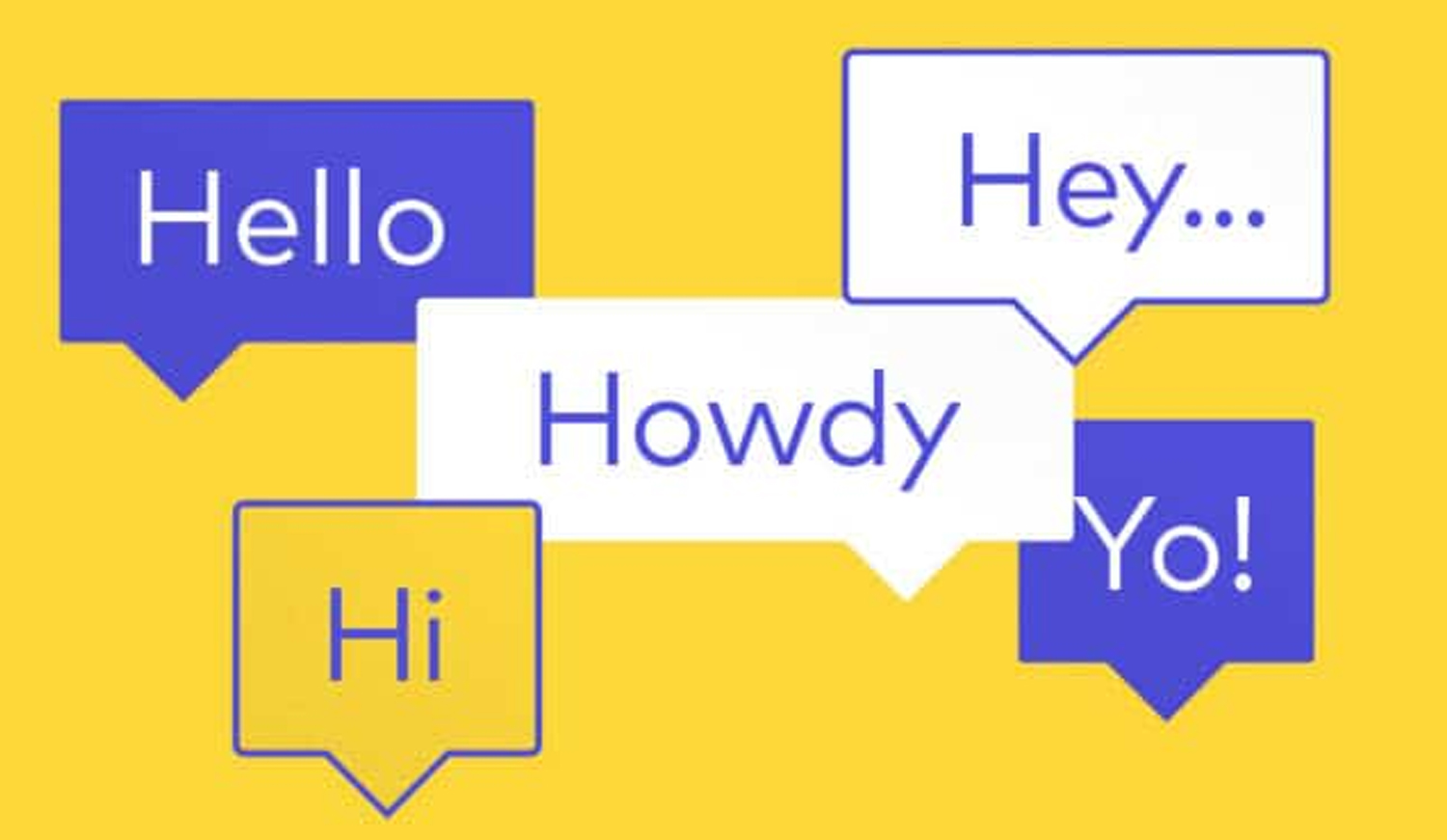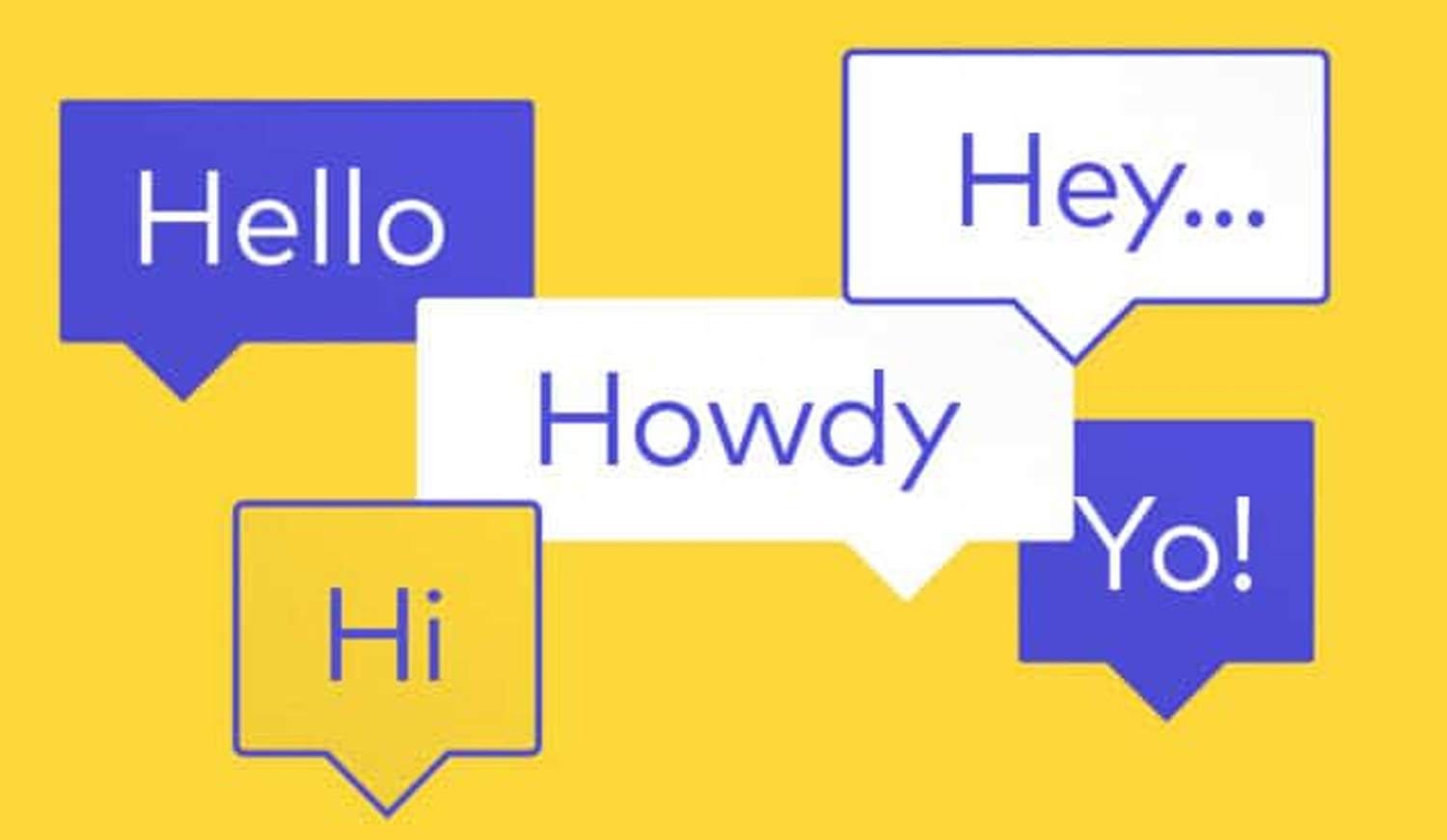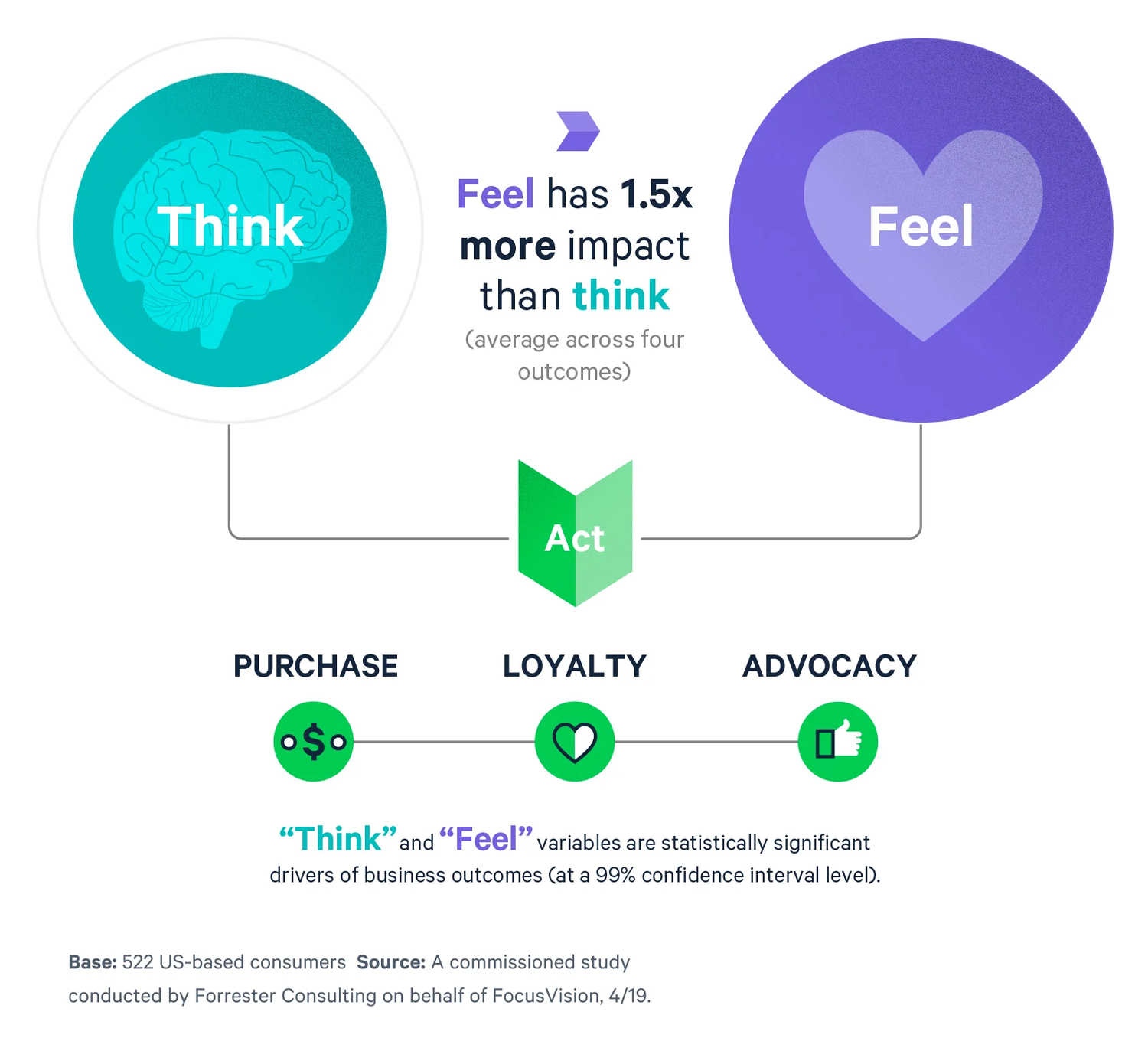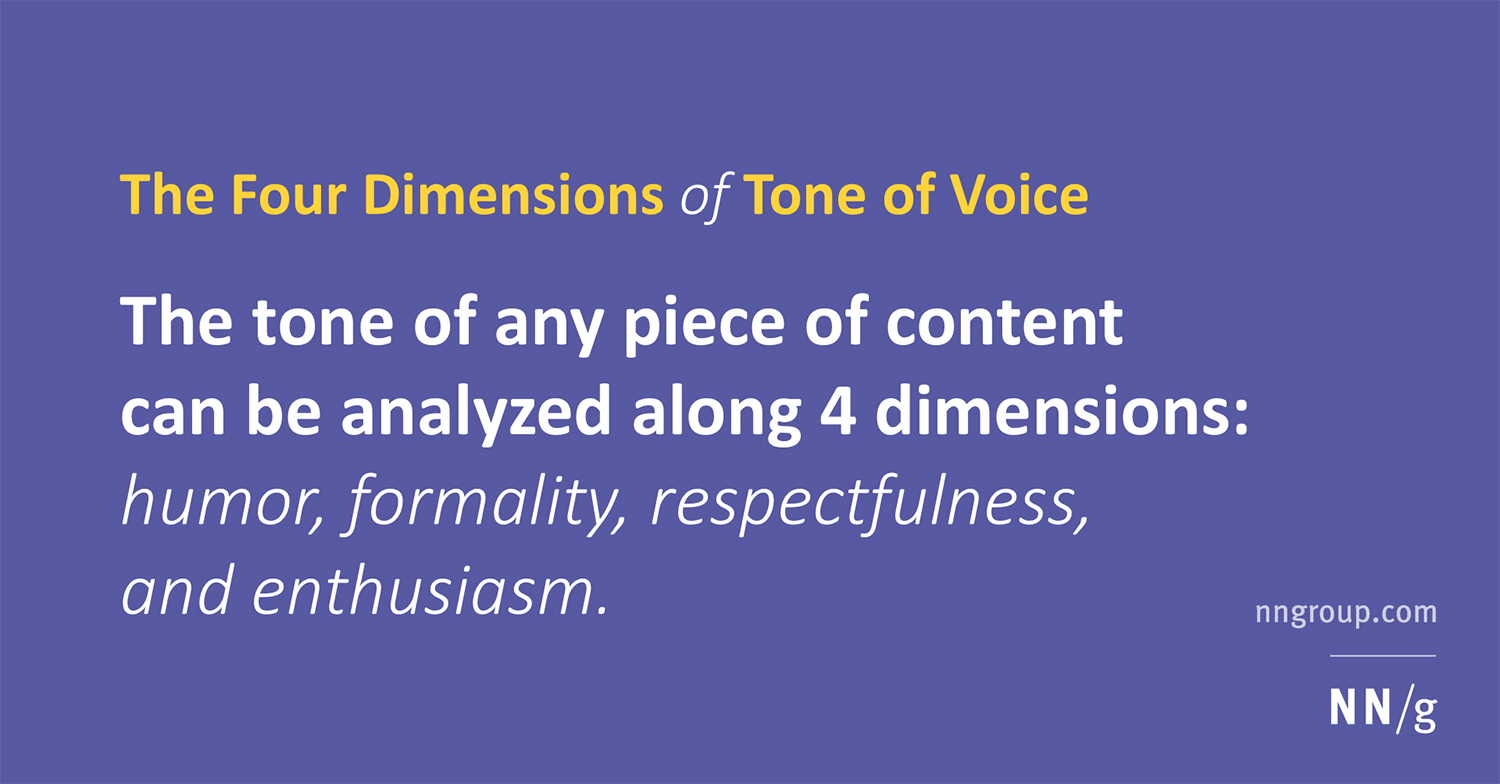SEO
Perfecting Your Brand’s Tone of Voice for SEO Copywriting

We all know when it comes to SEO, content is key.
Copywriting enables you to tell your story, gives you a chance to strategize with useful keywords, and helps you gain trust and loyalty among prospects.
But content alone won’t bring you success and build long-lasting customer relationships.
It’s your tone of voice that really resonates with your audience.
In fact, 65% of consumers say a brand’s tone of voice helps them build an emotional connection to the company.
Think of it this way: your content is the “what.” Your tone of voice is the “how.”
Tone of voice is the way your message comes across to your reader.

In verbal speech, this is communicated through pitch and inflection.
In copywriting, you portray emotion with word choice, punctuation, and style of font.
This is what elicits a response from your readers.
Understanding your audience and writing with the tone of voice they relate to is a must when developing copywriting for SEO.
Why Is Tone of Voice so Important in Online Content?
Tone of voice helps shape the overall feeling of a message – and it especially matters online.
Why? What’s so important about that?
The thing is, it actually impacts your business in lots of ways.
Consistent Brand Tone of Voice Establishes Your Brand
When you think of your favorite brands, the first thing that comes to mind is probably their logo or slogan, right?
But if that was gone and all you had to go on was their messaging, would you still recognize them?
Tone of voice plays a major role in brand identity.
When written in the same tone consistently, messages begin to reflect the image of your brand.
That’s important because people want to buy from brands that are authentic.
By developing a tone of voice that is uniquely yours, you enable people to pick your brand out of a crowd and increase the likelihood of generating more revenue.
Consistent Tone of Voice Keeps Messaging From Going Stale
Have you ever eaten a handful of stale chips?
They’re stiff, flavorless, and definitely not enjoyable. 😝
The same goes for your writing.
Just because you’re a professional company doesn’t mean your content has to be stuffy.
Loosen that top button and let your hair down a little!
Use your tone of voice to create a unique writing style that people enjoy reading.
It’s more fun and memorable and leaves a lasting impression.
Consistent Tone of Voice Creates an Emotional Connection
The main objective of your copywriting is to drive people to act, right?
With the right tone of voice, you can elicit a variety of emotions in your readers.
This is important because purchase decisions are really driven by emotion.
The way people feel is 1.5 times more impactful than the way people think.

A brand that writes with authenticity and makes an emotional connection with its audience is more likely to succeed.
Consistent Tone of Voice Gives You a Competitive Edge
Content written with a clear tone of voice is more compelling to read.
This keeps people on your site longer, entices them to click through more of your pages, and results in higher conversion rates.
All of this is good for SEO and the business as a whole.
Consistent messaging that is memorable and unique will set you apart from your competition.
Potential customers will prefer your communications over theirs and will keep coming back for more.
5 Steps to Nail Your Tone of Voice
It’s clear that tone of voice plays an important role in your SEO copywriting.
But how do you go about perfecting it for your company?
Here are five ways to identify your brand’s tone of voice and use it to drive sales.
1. Choose From the Four Dimensions

Copywriting can be characterized within four dimensions of tone of voice.
These dimensions help to simplify tone profiles for a brand’s online presence.
They are:
- Formal vs. casual.
- Funny vs. serious.
- Respectful vs. irreverent.
- Enthusiastic vs. matter-of-fact.
Each dimension is book-ended by two extremes.
Your tone could be one of the extremes, or it could be somewhere in the middle.
You could even combine some for a more unique tone of voice.
Whatever you choose, this is a great starting point to set you on a path for messaging that resonates with your audience.
2. Set Some Guidelines
The key to an effective tone of voice is consistency.
Keep yourself on target by setting some guidelines for your copywriting.
Think about the following:
- Syntax: how you’ll develop and structure your sentences.
- Grammar: use the right form of verbs, adjectives, etc.
- Vocabulary: what words you will or won’t allow.
- Punctuation: how many exclamation points are too many?
A good exercise is to come up with three words you would use to describe your business.
Then, let those adjectives guide your writing style.
If your words are “friendly,” “positive,” and “outgoing,” your messaging should be upbeat and welcoming.
Guidelines help you deliver messaging that’s consistently unique.
3. Get the Inside Scoop From Your Customers
Maybe you’re having a hard time identifying your brand voice on your own, or you’re sensing a disconnect between the company and your audience.
Reach out to the people who engage with you the most: your customers.
Survey them to get a better feel for how they perceive you.
Ask them to choose from a list of adjectives, or give them open-ended opportunities to describe ways to improve your brand.
Either way, you’ll get some valuable insight that will let you know how you can alter your tone of voice to connect with them on a deeper level.
4. Scope Out the Competition
Tone of voice is all about writing in a style that’s unique to your brand.
So, of course, you don’t want to copy what your competitors are doing.
But you can certainly gain some inspiration from seeing how they handle their messaging.
A quick Google keyword search will show you a list of competitors.
Visit their websites and read through their content.
See how they handle things like:
- Sentence structure.
- Vocabulary.
- Humor.
- Metaphors.
- Punctuation.
Learn from what they’re doing well and make note of things that could be better.
Use this intel to develop a tone of voice that works for your brand and create content that resonates with your audience.
5. Write for Your Audience
While it’s important to write in a style that’s true to your brand, you must keep your audience in mind.
Who are you writing for, corporate executives looking for professional information?
Tech-savvy millennials who respond well to GIFs?
Each audience persona is unique, so they each need a tone of voice that speaks to them.
Listen to how they speak on sales calls.
Read their comments on social media or email communication.
Pick up on the way they communicate, and use that to shape the tone of voice you use to reach them.
Use Your Tone of Voice to Define Your Brand
Your tone of voice paints a clear picture of who you are as a brand.
The way you make your readers feel through your SEO copywriting defines your personality and has a direct impact on the success of your business.
Take a close look at who you are as a brand and what perception you want people to have of you from your writing.
Creating consistent messaging that is uniquely yours will set you apart in the minds of your customers, build lasting relationships with them, and help drive success for your brand.
Image Credits:

![How AEO Will Impact Your Business's Google Visibility in 2026 Why Your Small Business’s Google Visibility in 2026 Depends on AEO [Webinar]](https://articles.entireweb.com/wp-content/uploads/2026/01/How-AEO-Will-Impact-Your-Businesss-Google-Visibility-in-2026-400x240.png)
![How AEO Will Impact Your Business's Google Visibility in 2026 Why Your Small Business’s Google Visibility in 2026 Depends on AEO [Webinar]](https://articles.entireweb.com/wp-content/uploads/2026/01/How-AEO-Will-Impact-Your-Businesss-Google-Visibility-in-2026-80x80.png)















